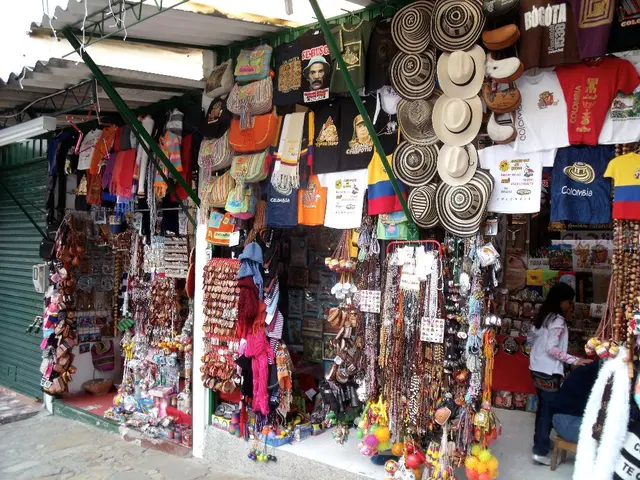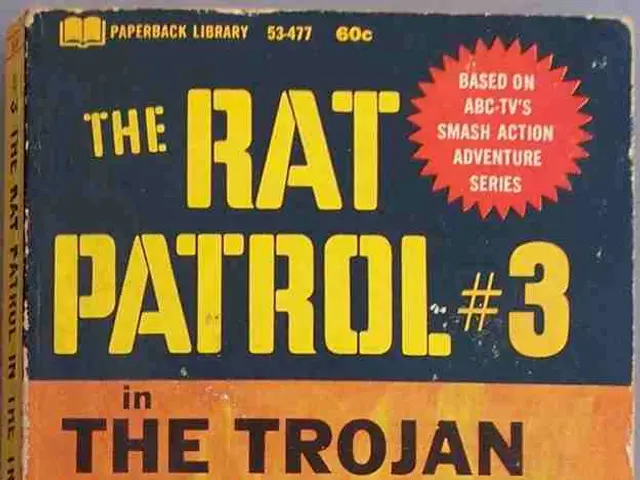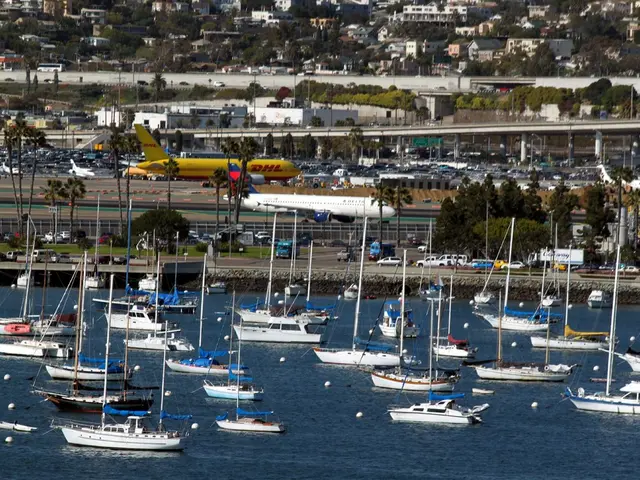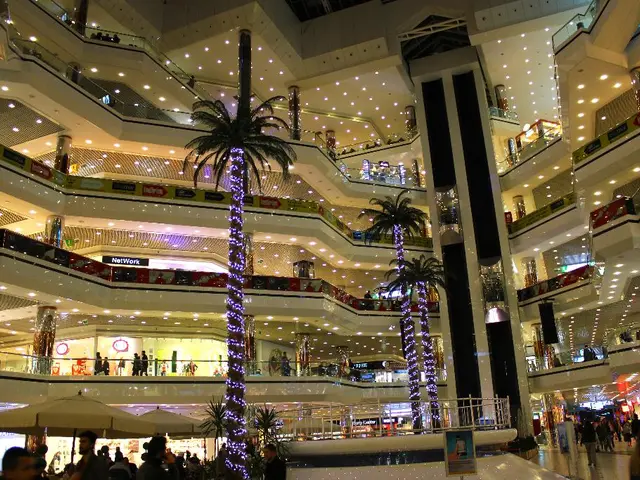Rah rail woes: Politicians frustrated, call for Rail Summit
Rail Disruption: Could a Railway Congress be the Solution? - Following the rail accident, is there a scheduled meeting regarding railway operations?
vent
Enough is enough! Rail passengers and commuters across Rhineland-Palatinate have had it with the constant chaos in their rail traffic. And so, members of the state parliament from all political parties have joined forces, demanding answers and solutions from the rail company.
end vent
The main bone of contention? Horrendous communication from the rail company. According to Green Transport Minister Katrin Eder, the company's communication is rife with errors, and it creates an unnecessary distance from its customers. Canceling mass train services without proper notice? Not a smart move, says Eder, especially during major events like the Rhineland-Palatinate Day, the Wurstmarkt, and Bundesliga football games.
Fixing the broken trust
The rail company must work doubly hard to regain passenger's trust, warns Eder. But, there's a structural problem. Funding has been inadequate for the rail company, and capacities on the rail lines to Rhineland-Palatinate need to be expanded. Eder is also hopeful for support from the federal government, with newly appointed Transport Minister Patrick Schnieder hailing from Rhineland-Palatinate.
Call for a roundtable meeting
Politicians from various parties, including the FDP's Marco Weber and Stephan Wefelscheid of the Free Voters, have called for a formal meeting with the rail company to address the numerous issues plaguing the rail system. Opposition politician Wefelscheid urged Rhineland-Palatinate's Minister-President Alexander Schweitzer to make this a top priority.
Many shortcomings
Benedikt Oster of the SPD speaks of numerous shortcomings facing rail passengers: shoddy replacement bus services, lack of real-time displays for passengers in case of breakdowns, dilapidated platforms, and deplorable restroom conditions. Situations like these are causing people to abandon trains and head back to their cars.
CDU member Gerd Schreiner highlights the shared responsibility of the federal and state governments for ensuring investment in the construction of new rail tracks is made urgently.
Criticism of government inaction
The federal government has deliberately ignored regional rail issues, explains AfD member Ralf Schönborn. "It's a stagnant administration on the rails," he declares. Green politician Lea Heidbreder demands the rail system be fortified, warning that the region shouldn't be left behind.
The Rhineland-Palatinate Association of Entrepreneurs acknowledges that the rail company's plans to make up for infrastructure investments are welcome. However, the Association warns that these restrictions are hitting businesses at an inconvenient time, with logistics already stretched thin due to low Rhine water levels, strengthened border controls, and a shortage of skilled workers.
vent
Just how bad have things gotten? They've gotten to the point that even the most flexible workers are suffering. With constant delays and cancellations, who can keep up?
end vent
Case in point: several train connections are currently experiencing difficulties in Rhineland-Palatinate, with the S-Bahn lines 8 and 9, vital for the Rhine-Main region, facing restrictions. Trains between Koblenz and Mainz are also facing cancellations, with commuters being forced to switch to buses at various times and locations. The replacement bus service to Limburg was only recently extended over the weekend. The railway has offered apologies for the sudden restrictions in rail traffic.
Transparency important
Karsten Tacke, managing director of the Association of Entrepreneurs' Associations in Rhineland-Palatinate (LVU), has called for transparency in communication, pointing out that better coordination could have allowed businesses and employees to better prepare for the situation. "If we'd had better communication earlier, we could have better managed the disruptions," he asserts.
A model to follow
Tacke uses the recent rehabilitation of the Riedbahn line as a benchmark for future projects. "Transparency and coordination were key factors that made this project a success," he states. "This should be the way forward for future rail projects."
It appears that unless significant changes are made, rail chaos will continue to be the norm for the foreseeable future in Rhineland-Palatinate. Only time will tell if the call for a rail summit will come to pass and bring real and meaningful solutions to the table.
The Commission, in light of the ongoing rail issues in Rhineland-Palatinate, might consider submitting a proposal for a directive on the protection of the environment in the context of the transportation industry, especially considering the financial implications for the region.
In the midst of these rail woes, it would be prudent for industry leaders, finance experts, and general-news media outlets to closely monitor the situation and provide timely updates to the public, ensuring no crucial information is kept hidden from commuters and passengers.








